Reading Time: 10 minutes
Have you ever been curious about what it might be like to do an extended juice fast but never seriously considered it because it seemed too extreme? That’s what I thought too until I took the plunge and experienced a 20-day juice fast for myself.
Although I’ve done a few juice fasts before I’ve never attempted to go beyond five days. That seemed like long enough for me to go without eating! However, I have undertaken many prolonged fruit fasts including a 10-day melon cleanse and 20 days eating only mango. These fruit cleanses have played a pivotal role in my healing explorations, so it does seem unusual that it took me this long to consider a long juice fast as a potential tool for enhancing health.
I think there are several reasons for this. Firstly because I haven’t owned a juicer nor had access to a reliable supply of organic fruit and vegetables for many years. Quality juicers seemed expensive and difficult to clean and I had the idea that juicing would take a lot of effort to source the amounts of fruit and vegetables required.
Overcoming fears
However, there was also an element of concern that going without solid food for so long might lead to significant weight loss and extreme fatigue, things I had experienced previously when following a predominantly fruit diet for almost a year.
Another genuine worry was the potential of serious detox symptoms. As someone recovering from chronic Lyme disease, I’ve experienced strong physical responses to treatments when my body was unable to cope with the overload of toxins being released. I certainly did have some trepidation that a long juice fast might trigger similar distressing responses, which was not something I wished to endure again.
My twenty-day mango and coconut water fast created extreme discomfort towards the end – including waking in the middle of the night with a racing heart and surges of adrenalin – and it took many weeks for my system to regain homeostasis afterward. I did, however, learn a lot about cleansing with fruit and how important it is to maintain balance and work with your body; to push the boundaries but also to know when it is time to slow things down.
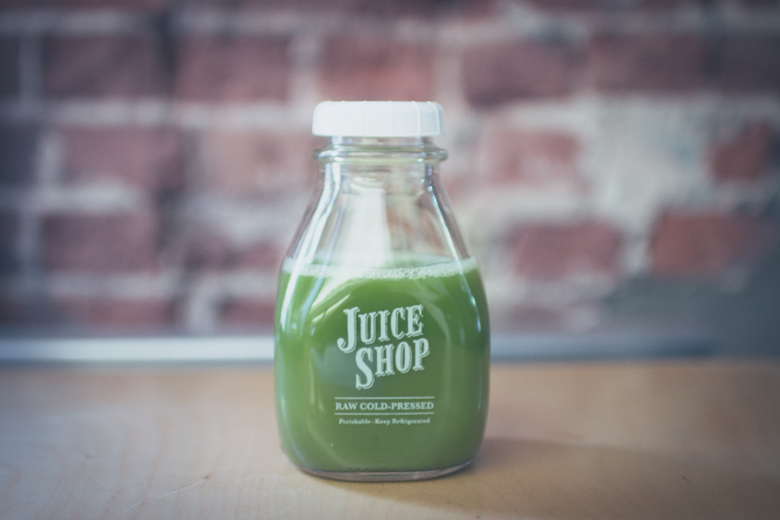
Juicing Can Be A Way to Reset The Body
One of my primary motivations for undertaking this juice fast was that I was feeling somewhat stuck within my ability to move forward in healing with raw foods. The years of traveling had taken their toll and my lifestyle was in need of an overhaul. Most people would regard my plant-based diet as being extremely healthy but I knew that in order to fully heal I needed to get back onto a diet focused on fruit.
Yet fruit just wasn’t appealing to me. I was living in Thailand which has the most amazing fruit in the world but eating fruit all day long just wasn’t happening. I would enjoy a mango smoothie for breakfast and loved to snack on delicious sweet baby pineapples but by the time the afternoon came around all I wanted was some spicy Thai salad or a veggie curry!
Benefits of Juice Fasting for Healing
I knew I needed a reset and it was right around that time when I was fortunate to come across the pioneering work of John Rose. He advocates a protocol he calls “juice feasting” – which he also refers to as a “solid food vacation” – for anyone with chronic health challenges.
The premise is simple: give your body a break from processing food so that it can use this energy to heal your body, while at the same time obtaining all of the nutrition you need. You drink enough juice every day to provide your normal caloric and nutrient requirements – it’s just that it is in the form of liquid nourishment.
Fresh juices are saturated with health-giving nutrients and they also have a high concentration of biophotons – essentially light energy – which can be regarded as a source of electromagnetic power and the foundation of vitality. Research has shown that the difference between a cancer cell and a healthy cell can be measured by variations in their biophoton emissions. All living foods contain biophotons but fresh juices are the best source simply because they allow you to consume higher amounts of plant material that would normally be possible by eating the fruits and vegetables.
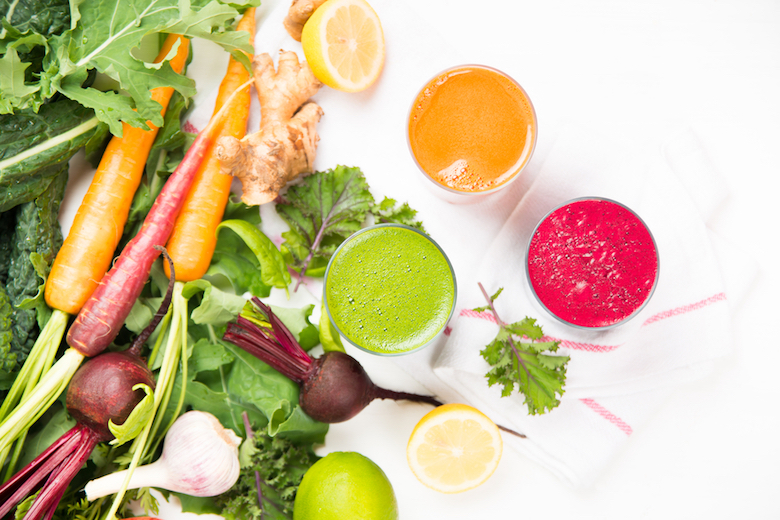
How To Prepare For A Juice Fast
Even when I wasn’t attracted to eating large amounts of fruit I was always very happy to drink fresh juice. So a juice fast seemed like the natural thing to do. It felt like synchronicity was at work and I made the decision to embark on a longer juice fast than I had previously undertaken before.
Going in I had no expectations regarding how many days specifically that I would fast. I was open to the idea of fasting for forty days but planned to take it one day at a time. I could stop at any stage if I became overwhelmed with detox symptoms but would continue so long as it felt right.
For several weeks leading up to the fast, I prepared by having two or three large juices a day. To my surprise, this actually produced a quite strong detox effect and I experienced headaches, fatigue, and even some emotional discomfort as the juices began to do their healing and cleansing work. In retrospect, this was a very important preparation and no doubt reduced the intensity of detoxification reactions when I commenced the full juice fast.
Detox Reactions and Enhanced Sensory Perceptions
As was expected the first couple of days were relatively easy in the sense that the detox symptoms were generally mild in the beginning. I was drinking juice every two or three hours, and even though there was a very mild sense of hunger towards the end of the day, the juices enough to keep me satisfied and energized.
I awoke on the second day with a profound sense of clarity and it was then that I developed an ability to detect food from miles away. My senses were definitely heightened and my olfactory capabilities, in particular, were more fine-tuned. I wasn’t feeling hungry, I didn’t want to eat the food but I did really enjoy the aromas and this continued for the duration of the fast.
On the evening of day two, I developed a pretty severe migraine headache so I took some herbal pain remedies and went to bed very early. The following evening I also had some pretty disturbing dreams, which in my experience is a common reaction when eliminating toxins. These were probably the most severe detox symptoms that I experienced during the entire fast and they were certainly very manageable.
All experienced fasters will tell you that day three and four are the most difficult. This is when your body is making the changeover to functioning without solid food and also when detox tends to be at a peak. Personally, the sensations of fatigue and generally feeling unwell increased at this time.
I was waiting for day five, which is when most juice fasters experience a turnaround with their energy. For me, this didn’t occur until around day seven. I suspect those of us with chronic health challenges take longer to adjust due to compromised detox pathways. If your kidneys are not filtering adequately you might have difficulty on a juice fast because the body is unable to eliminate the toxins as fast as they are being released.
I was quite shocked at how noticeable my weight loss was after just a few days. However, I was taking care to maintain a high intake of calories from juices – consuming six or seven large glasses a day (at least three quarts) – and to my surprise by the end of the juice fast my weight remained very stable.

The Joy of Juicing and Maintaining Balance
As I progressed with the cleanse it became only natural to obtain all of my nourishment from fresh juice. And it was so easy! No need to spend time preparing meals or deciding what to eat. It was simple – just drink juice. I have to say this was actually one of the most enjoyable aspects of the juice fast. Despite what you might think the juices are really satisfying once you find some flavor combinations that you enjoy. I didn’t feel like I was missing out at all and quite happily sipped on my juice while others around me were enjoying a meal.
It was towards the end of the second week where I began to feel a little unbalanced after consuming pure fruit juices like watermelon, pineapple, and orange. These juices were also beginning to taste too sweet and I was starting to get tired of some of the blends. So I adjusted my juices to slightly increase the amount of vegetables, which helped immediately.
I also added in a savory veggie juice in the evening – kind of like a liquid gazpacho – with a pinch of Himalayan salt, cayenne pepper, and a teaspoon or two of hemp seed oil. This combination almost felt like I was having a meal and after all those sweet fruit blends it was a nice change that made it more comfortable to continue with the juice fast.
I have to say I was hoping for some kind of detox breakthrough in the second or third week of fasting but nothing really eventful took place. There were ups and downs during the entire fast but no real dramatic healing crisis. In many ways, this is a blessing because I never had to endure any scary detox reactions but juice fasting was not the transformative experience that I had expected that it could be.
I certainly agree with Dr. Robert Morse that fruits are much more powerful for cleansing than vegetable juices – especially a mono-fruit diet where you consume only a single fruit for a length of time. On my juice fast I did a combination of both fruit and vegetable juices but compared to doing a watermelon cleanse or a grape fast I found that the juicing protocol was actually more gentle, even though I wasn’t eating solid food.
Both approaches have benefits and drawbacks and might be appropriate for different people in different situations. Some need to go more slowly with the detox so paradoxically the juice fast might be a better introduction to cleansing compared to doing a grape fast.
Listening To The Body
It was around day seventeen when I started to consider breaking the fast. I wasn’t experiencing severe reactions but I wasn’t improving either. On one level I was certainly feeling lighter and had noted significant improvements in some chronic symptoms, especially pain. But at the same time, it felt like my detox pathways were at their limit, and energy levels were not really picking up.
I was beginning to get a little bored with the same juice combinations every day and also was going to be moving house and wasn’t sure if I would be able to continue to access fresh juice. All of these factors led to my decision to break the fast at 20 days.
I felt that this was a good amount of time for my first extended juice fasting experience and a significant accomplishment. It was long enough for me to gain a deeper understanding of what it can be like to do a long juice fast as well as to let go of many of my concerns about the process. I’ve realized that juice fasting can actually be a very gentle way to cleanse the body and is not as intimidating as I expected it to be.
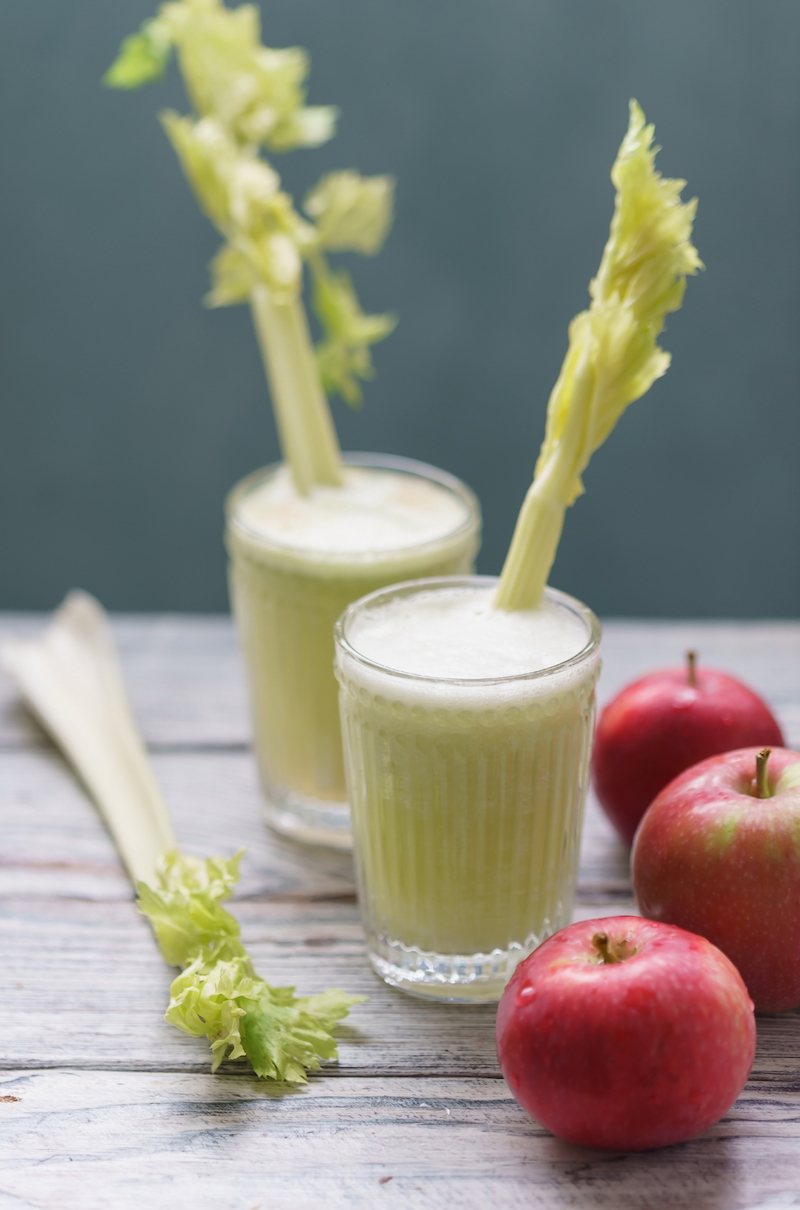
Breaking The Fast
Everyone who has undertaken a long fast will tell you that the fasting is easy. The most challenging part is breaking the fast and beginning to reintroduce solid food again.
The main issue is that the digestive system has essentially been dormant and is no longer capable of processing large amounts of food. Eating what you might consider to be a normal meal could not only cause discomfort but might also be dangerous. Many juice fasters have learned this the hard way and have suffered serious health consequences.
So it is absolutely essential to have a structured plan for breaking the fast – one that gently coaxes your digestion back to processing solid food once again. In most cases, I would recommend soft and juicy fruits like watermelon or papaya for the first meal. In this instance, since I was following John Rose’s protocol my first meal was prunes soaked in water overnight.
On the morning of day 21, I started the day with young coconut water and then had a meal of about 6 ounces of prunes soaked in water overnight. You might expect that the first meal would be amazing but those prunes tasted only just alright to me. It was certainly an unusual sensation to be chewing again but I can’t say that the meal was really that enjoyable. That was the only meal for the day and I continued to drink juices after that.
The next few days I had just one meal of fresh fruit each day along with three or four large glasses of juice. After several days of this, I added in simple salads and that first salad really did taste delicious. It was a very basic combination of cucumber and tomato with herbs and hempseed oil but I really appreciated being able to eat something crunchy and savory after the weeks of mainly sweet juices.
The Psychology of Nourishment
Juice fasting substantially increases awareness of how different foods affect us. After the fast, my palate was much more sensitive and it was easier to feel satisfied with very simple foods.
I also gained a greater appreciation of the degree to which the majority of our food choices are based on psychological drives. Most of us know that we have the potential to choose foods based on emotions but I learned how there is also a desire to be exposed to different food sensations and flavors. I relate this to how we seek out varied life experiences, yet the importance of food can become a major focus when this is really just one aspect of our human existence.
Would you try a juice fast?
Perhaps the greatest value of doing a juice fast is that it effectively resets the body and gives you an appetite for the healthiest of foods. In this regard, it is probably one of the best ways to get started on a raw food diet, or to get you back on track when you feel you have been making less-than-optimal food choices. After you’ve completed a juice cleanse you will be satisfied with the simplest of foods. In fact, these are the foods will be most appealing.
Overall I am really happy for this experience and most definitely will undertake more juice fasting. Later in the year, I plan to attempt an extended grape juice fast to combine the lymphatic cleansing benefits of grapes along with the unique healing effects that occur when we give our body a break from processing food.
Do you think that prolonged juice fasting something that you would consider trying either to get you on the right track with your diet or to address chronic health issues? I’d love to hear what you think in the comments.
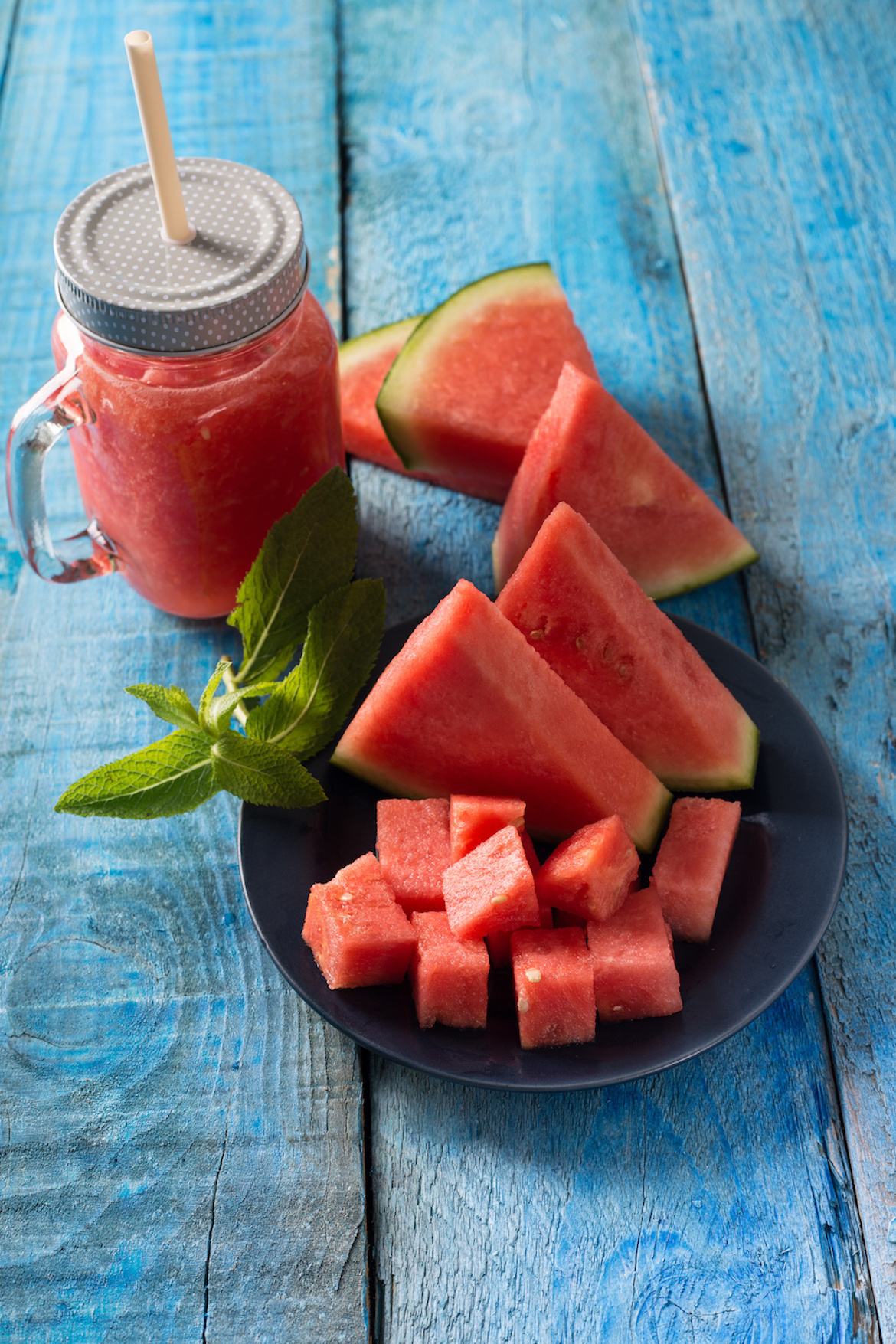
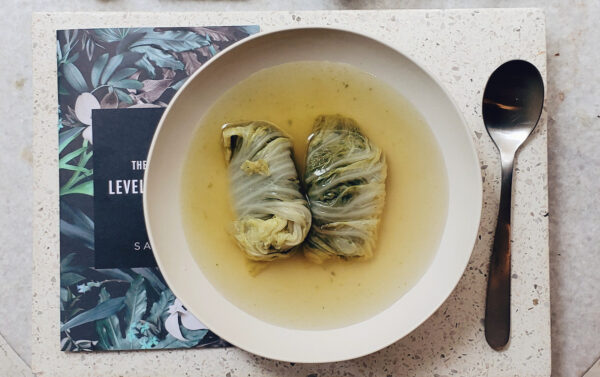
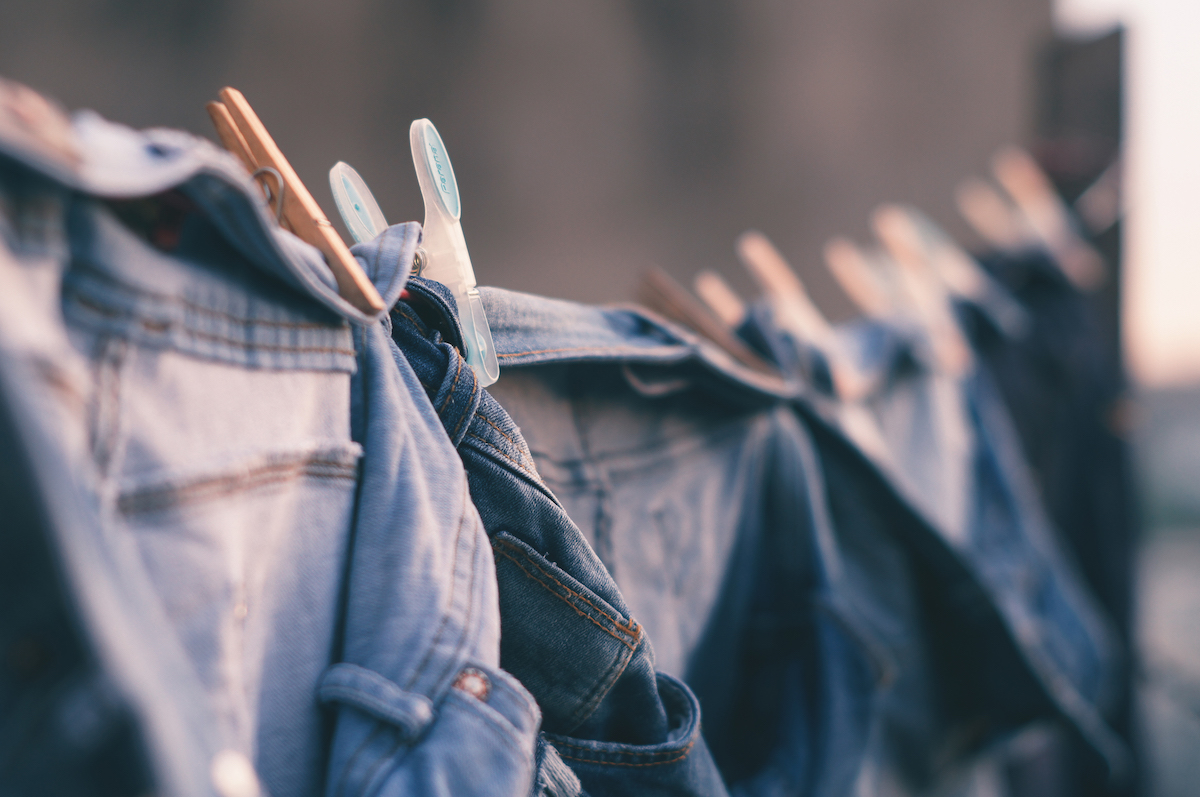
Thank you, Mizpah, for writing about a gentle detox experience. It’s been about four years for me on herbs and juices, but with a cooked, simple, vegan meal per day. I have come to love my juicer more than the blender, and I’ve been contemplating doing an extended juice fast when the weather warms and the fruit is more abundant. Out-of-season fruit is available, shipped from South America to North America, but it always (always!) tears up my lower bowels. So learning about preparing going into and coming out of the extended juice-only time has inspired me.
Watermelon is one of the best fruits to juice and it is also very gentle on the digestive system. I start every day with a watermelon juice most of the time but especially when fasting. But personally I like to add citrus and ginger which I feel enhances the cleansing effects of the watermelon as well as reducing the impact on sugar metabolism.
I definitely would recommend the preparation phase and I look forward to hearing about your juicing experience.
I used to juice carrot with celery and Turmeric but now just do cucumber with apple and lime. I used to add ginger to the cucumber but it was hard on the lower GI. I still also do a smoothie daily and also make a Acai bowl for breakfast. I believe that blending is a little better long term but I see nothing wrong with juice fasting when a little detox is required. Also I believe that it is best to keep the sugar content as low as possible (watch Brian Clements youtube on Sugar) I still do add fruit to my drinks but usually add a lot of greens also. For hardcore juicing I love Kale or Dandalion!
Dandelion juice is fantastic! I don’t agree with Brain Clements views on fruit. Personally I have experienced the best results in improving my health with a high fruit diet in general. In regards to juice fasting the fruits can be more aggressive and powerfully cleansing, so you can moderate the detox response by juicing more greens and other low-sugar vegetables.
However, many people do sometimes have difficulty metabolizing the high fruit sugars, especially in the transition to a raw or vegan diet. This is not an issue with the amount of sugars as such, but more of a reflection of the damage caused by years of an inappropriate lifestyle. When someone has healthy balanced metabolism and strong adrenals they can do very well on a high-fruit diet.
Hi Mizpah – thanks for sharing. I look forward to doing something similar once we are settled in our new home. I really appreciate your sharing the story of how your bodymind responded to this, it’s a great support into moving more into fasting myself 🙂
Wonderful. Please let us know how your juice fasting experience goes as well.
Great article, Mizpah. With your support and inspiration, I decided to embark on an orange fruit mono-diet for a while. I have a few questions. Would coconut water slow down the detox? What about consuming juice? I’ve been thinking about adding in some kale/apple/carrot/celery juice. Or would it be better to just stay with the oranges? So far, I have felt well. Though I am experiencing light headaches occasionally in the evening, I have been able to stay on my exercise regimen and do gardening, and am sleeping well. I’m looking forward to receiving the herbs from Dr. Morse and hope to end the mono-diet combined with my herbs.
Hi Elizabeth,
What you are describing would be a great detox but once you start adding in other foods it is no longer a mono-diet and the effects are different. It becomes a much more gentle cleanse.
Coconut water and vegetable juice would slow down the detox quite significantly. An orange mono-diet would be much more powerful. You can eat the oranges and juice them.
By providing the body with only one food it is forced to draw upon the tissues to obtain the nutrients not present in that food. This triggers a healing process called autolysis that allows the body to breakdown unhealthy tissues. If you were to add a green juice or other foods to an orange juice fast this process will be initiated to a far lesser degree or not at all.
But you will still obtain a lot of benefits from following a more restrictive diet for a time along with the lymphatic cleansing effects of oranges.
Hi Mizpah, thanks for sharing your experience. Did you use enemas at all while fasting? I heard this to be critical ffor proper detoxification. Thanks
Yes absolutely. I did an enema every day for the first week and then at least every second day after that. I also feel they are necessary and they really do help reduce detox symptoms like headaches and fatigue. Colonics would be even better.
Tea is really one of a kind drink. The tea leaves also have a lot of flavonoids, which are a sort of antioxidant substances that reduce the possibility of cardiovascular disease, help in keeping a youthful look and stimulate vitality.